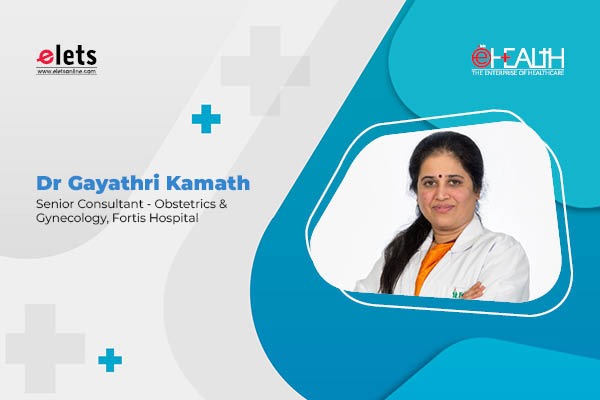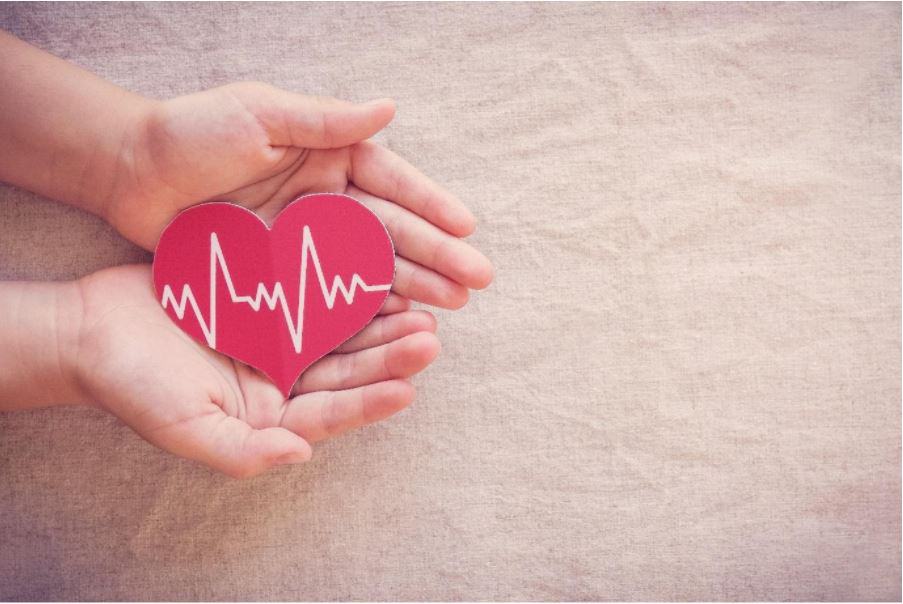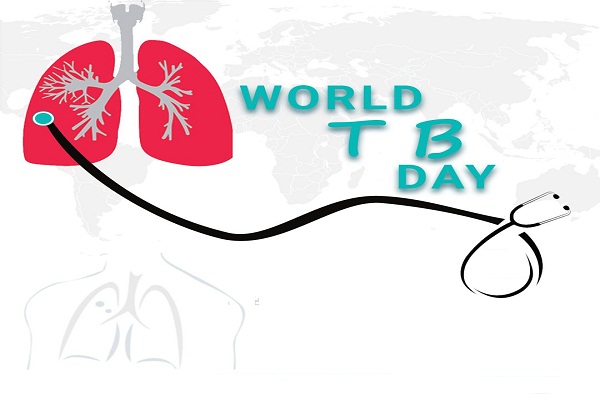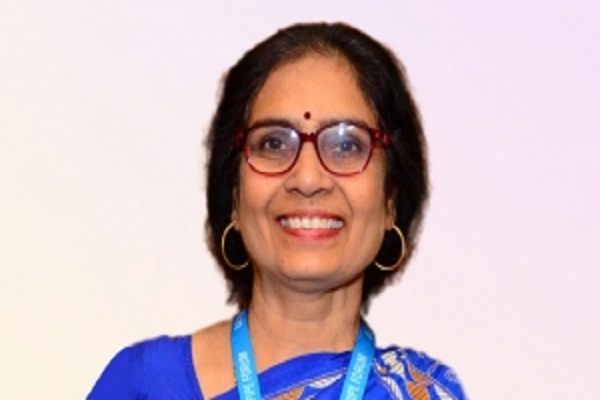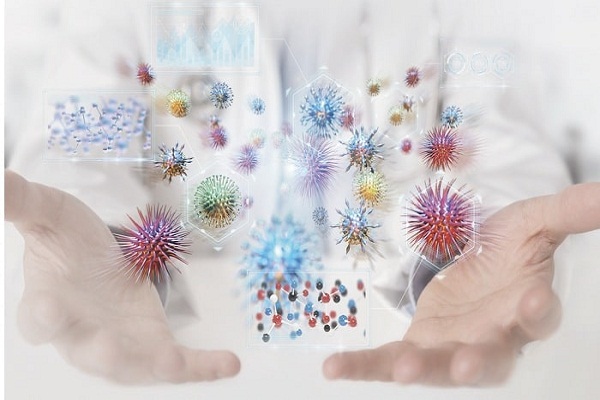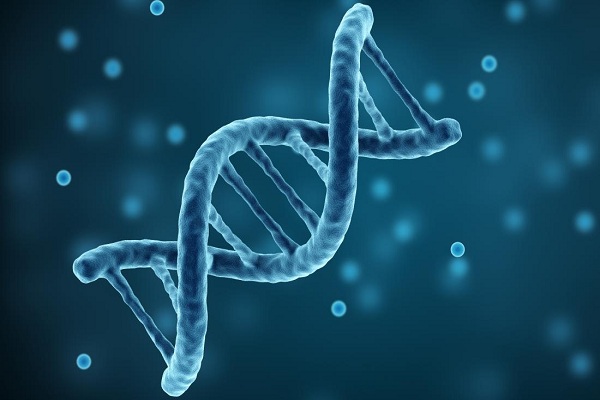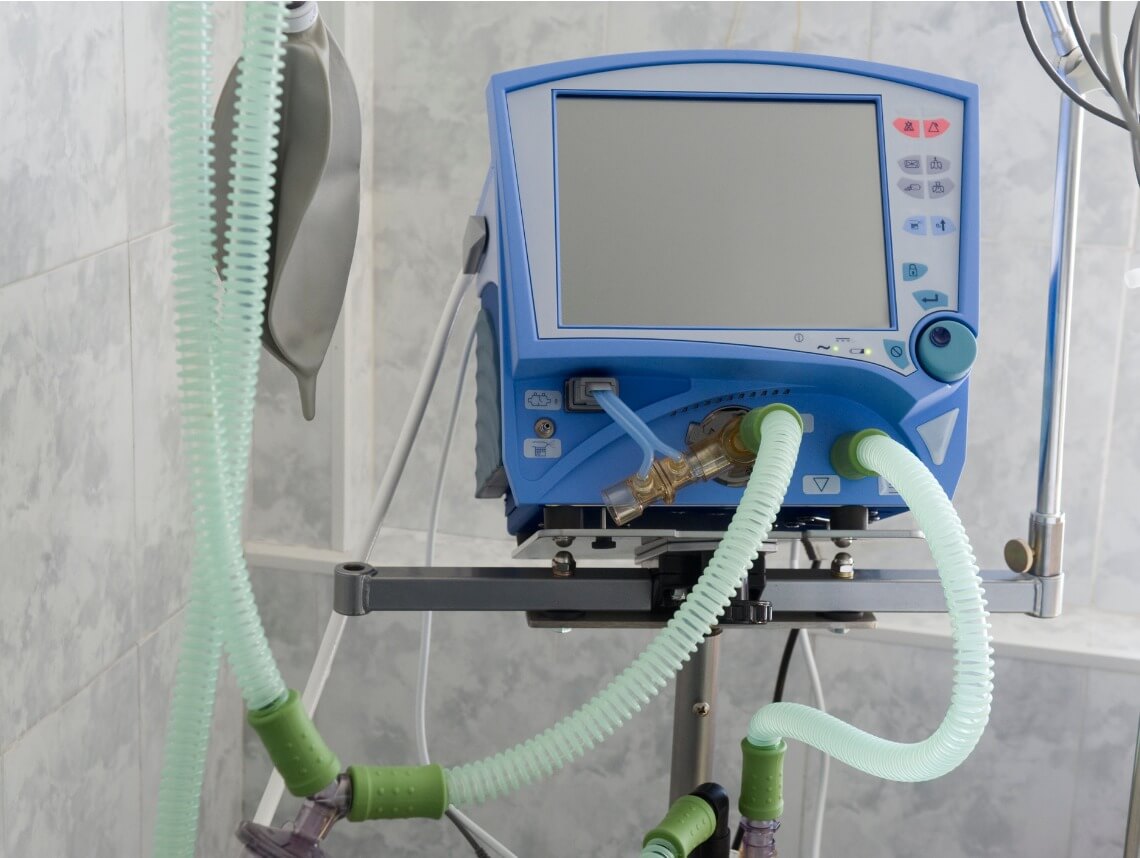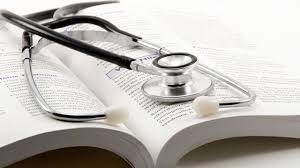
 Medical education in India is suffering from various shortcomings at conceptual as well as implementation level. It is suffering from a maldistribution of available resources and age old curricula lacking innovative procedures. To achieve higher standards, our goal should to produce efficient medical graduates through redesigning of teaching methodology which will succor in delivering better healthcare.
Medical education in India is suffering from various shortcomings at conceptual as well as implementation level. It is suffering from a maldistribution of available resources and age old curricula lacking innovative procedures. To achieve higher standards, our goal should to produce efficient medical graduates through redesigning of teaching methodology which will succor in delivering better healthcare.
Rapid Growth of Private Medical Colleges:

India has witnessed rapid growth in medical education in the last two decades with an improved doctor to patient ratio. Although this achievement seems attractive at first glance, but these numbers do not align well with the overall quality of medical care in the country.
Pitfalls:
- Traditional curricula –
Over last decades, medical curricula in India suffer from a lack of integration, maintaining traditional pedagogic teaching, and limited research activities. Even after the recommendations made to introduce integrated teaching and more skill based learning, change is not noticeable on large scale. Moreover, even after advancement in technologies and treatment facilities, most of medical and dental colleges in India focus on educating outdated treatments.

For instance, undergraduates in dental schools practice age-old silver amalgam restoration in cavities which is outdated in private practice nowadays.
- Faking facilities of private institutions –
Another noteworthy issue is mushrooming medical colleges particularly in private sector. Though we have got some written standards and criteria to start a private medical or dental college but they are on papers only. The state of affairs in private medical is not up to standards.
- Lack of skilled teachers –
Teachers for medical institutes are selected on their degrees and not on their clinical experience. This cuts down the effectiveness of the knowledge they can impart to the students. Furthermore, no teaching training is provided and teaching innovations are also lacking.
Also read: Technology Key Enabler in Transforming Medical Education
Challenges:
- Execution of research work and skill based education due to lack of guidance.
- To set standards of Indian doctors who will be globally accepted.
Steps for Better System:
It is only when the medical education improves then the health sector can improve as a whole.
1. Students need to improve their basic management, communication and leadership skills.
2. They must be trained by taking into account their social relevance as doctors.
3. Integration of subjects, innovative teaching methods, and more prevalent use of technology in classrooms as required.
4. Medical research and clinical skills need to be worked on in colleges and should be mandatory in edit system.
5. More medical education platforms need to come up, which act as platforms where doctors and medical students can Collaborate through real medical cases and other continuous medical education content, thus providing additional training for medical students.
6. Teaching faculty must be evaluated properly and outstanding teachers should be selected.
7. More government colleges should be opened rather than private ones.
To promote Indian medical education on global level, combined efforts of council and concerned authorities to uplift this sector is needed. This can only be achieved by assessing the drawbacks, involving research works in different medical fields and practical skill based knowledge. A strategic approach is need of the hour, paving way for a solid foundation for robust healthcare delivery system in India.
(Writers are Dr Viraj Talsania(BDS), Dr Taruna Sharma (BDS). Views expressed are a personal opinion.)
Be a part of Elets Collaborative Initiatives. Join Us for Upcoming Events and explore business opportunities. Like us on Facebook , connect with us on LinkedIn and follow us on Twitter , Instagram.


